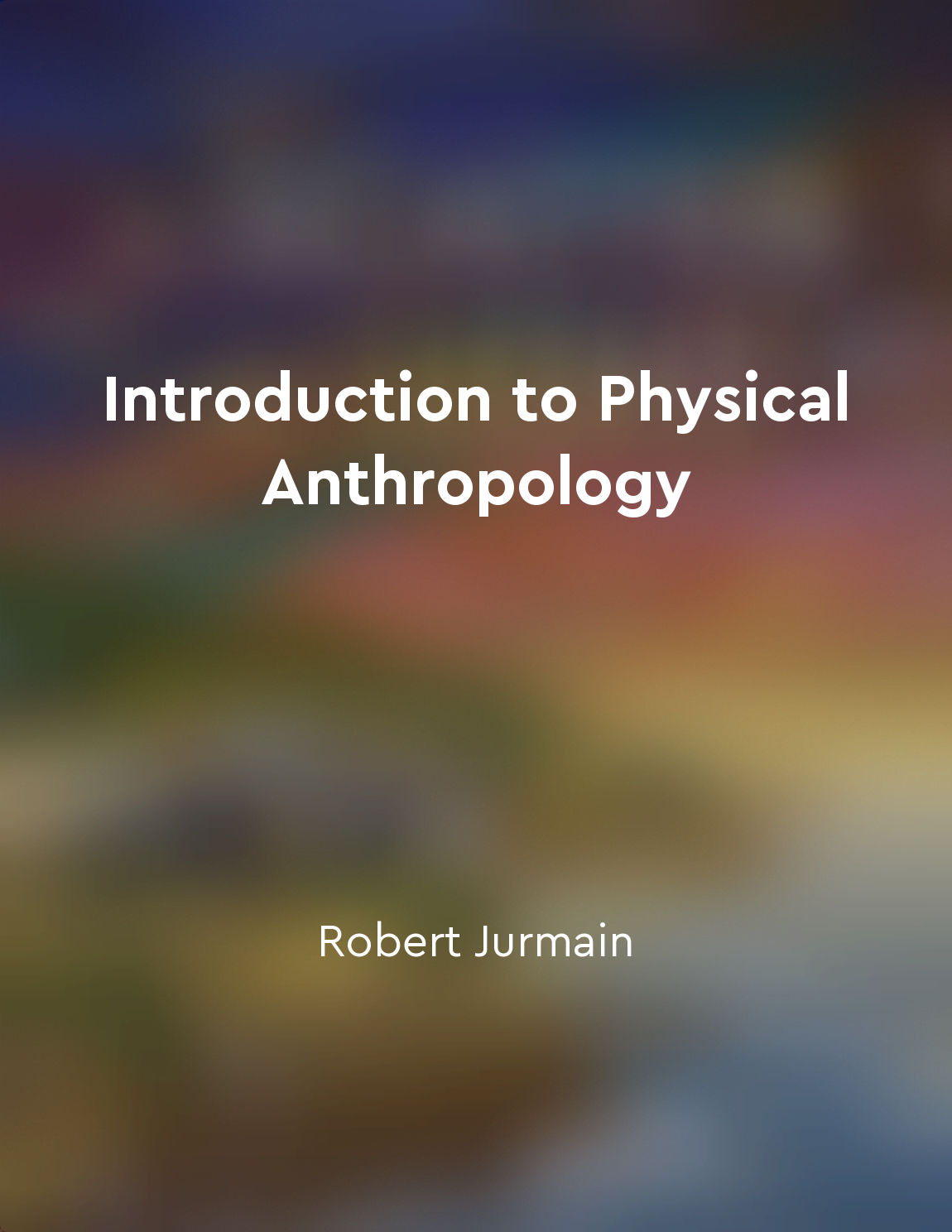Our genes play a significant role in determining our lifespan from "summary" of Lifespan by David Sinclair,Matthew D. Laplante
Our genes are the instruction manual for our bodies, dictating everything from the color of our eyes to our risk of developing certain diseases. It is no surprise, then, that our genes also play a significant role in determining how long we will live. While our environment and lifestyle choices certainly play a part in shaping our longevity, the genetic blueprint we inherit from our parents sets the stage for how our bodies will age and ultimately how long we will survive. Research has shown that certain genetic variations can increase our susceptibility to age-related diseases such as heart disease, cancer, and Alzheimer's. These variations can also impact how quickly our bodies deteriorate over time, influencing the rate at which our cells age and our organs fail. In this way, our genes can act as both a blessing and a curse, providing us with certain advantages while simultaneously predisposing us to certain health challenges. But our genes are not our destiny. While we cannot change the genetic hand we are dealt, we can influence how our genes are expressed through various interventions such as diet, exercise, and stress management. By adopting healthy habits and making informed choices about our lifestyle, we can potentially override some of the negative effects of our genetic predispositions and improve our chances of living a longer, healthier life. Furthermore, recent advances in the field of epigenetics have revealed that our genes are not set in stone but can be modified throughout our lifetime in response to environmental cues. This means that even if we are genetically predisposed to certain health conditions, we may be able to alter the expression of these genes through lifestyle changes and other interventions. This exciting new field of research holds promise for revolutionizing our understanding of aging and lifespan, offering hope that we may be able to harness the power of our genes to extend our years of healthy living.- While our genes certainly play a significant role in determining our lifespan, they are not the sole arbiters of our fate. By taking control of our health and making conscious choices to support our well-being, we can potentially influence the expression of our genes and improve our chances of living a longer and healthier life. The interplay between genetics, lifestyle, and environmental factors is complex and multifaceted, but by gaining a deeper understanding of how these factors interact, we can empower ourselves to take charge of our own longevity.
Similar Posts
Race to decode human genome
The race to decode the human genome was a high-stakes competition between two scientific powerhouses, the publicly funded Human...

3D printing revolutionizing manufacturing
The ability to create physical objects from digital designs using 3D printing technology has the potential to revolutionize man...
Nature and nurture interact to shape behavior
The interplay between genetics and environment plays a crucial role in shaping human behavior. While genetics lay down the blue...

Including more fruits and vegetables in your diet can aid in weight loss
Adding more fruits and vegetables into your daily meals can be a simple and effective way to support weight loss efforts. These...

Bioarchaeology focuses on the study of human remains in archaeological contexts
Bioarchaeology is a fascinating field that involves the study of human remains in archaeological contexts. When archaeologists ...
Accidents and trauma are sudden causes of death
Accidents and trauma, unlike the more gradual processes of disease, can bring about death in an instant. A person can be going ...

Agriculture revolutionizes human societies
The Agricultural Revolution was the most momentous transformation in the history of humankind. For millions of years, humans li...

Hormones control growth and development
Hormones, chemical messengers produced by the endocrine system, play a crucial role in controlling growth and development. Thes...

Regular physical activity complements the diet for optimal health
Regular physical activity is crucial for maintaining optimal health and longevity. While a healthy diet is essential, exercise ...
Faith and reason can coexist
The idea that faith and reason are not mutually exclusive is a notion that has been debated for centuries. Some argue that fait...


